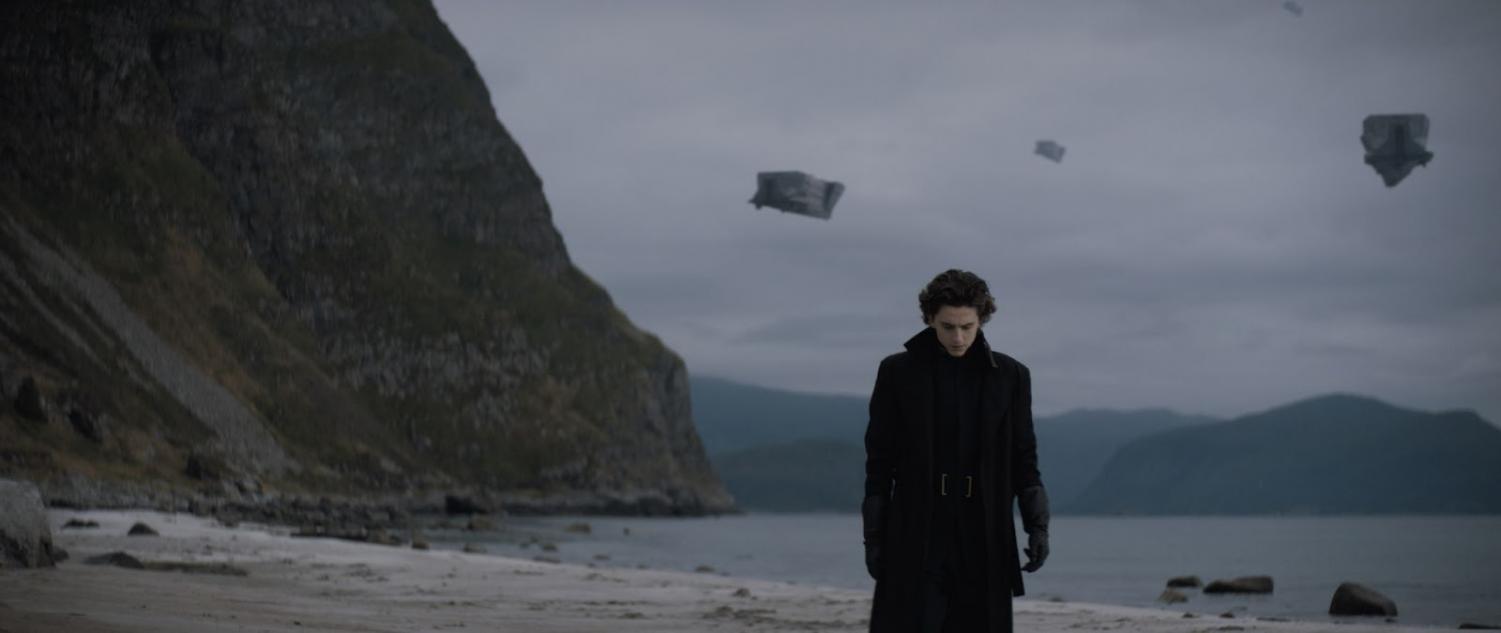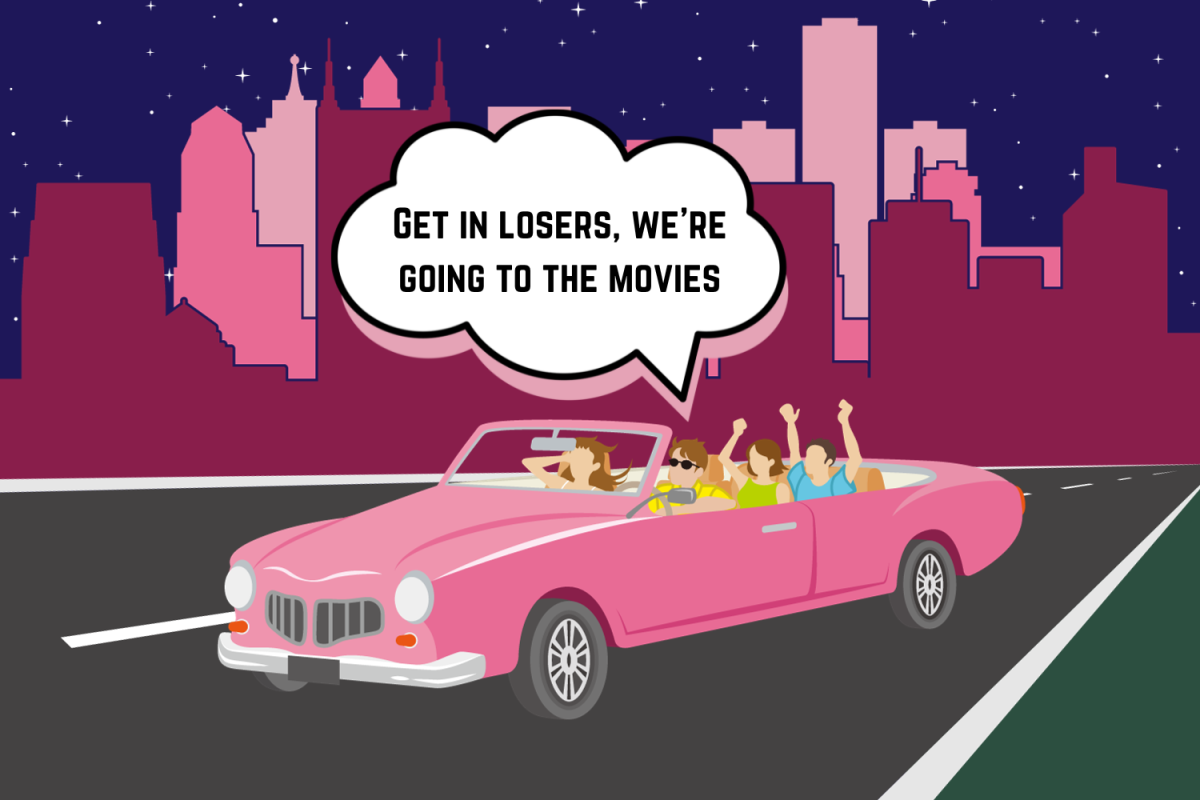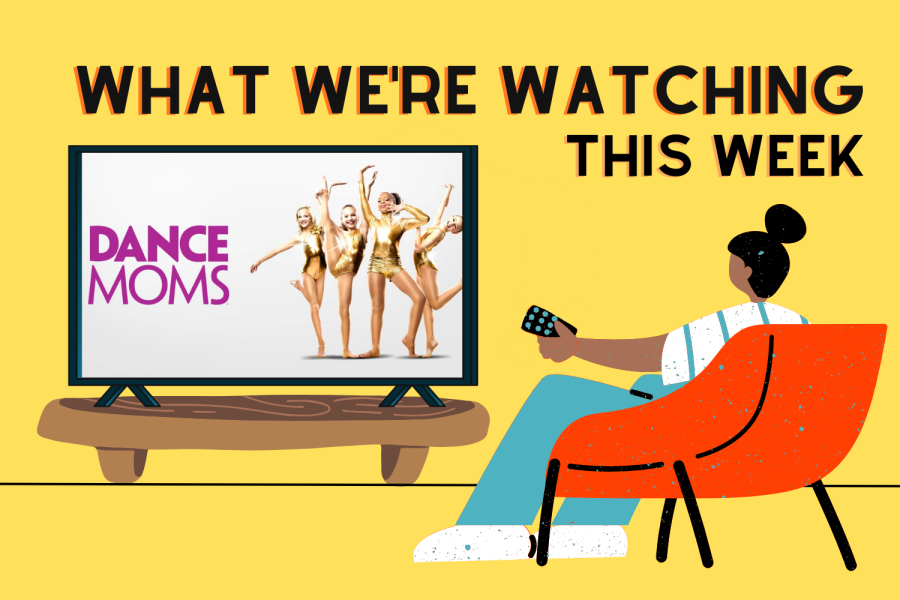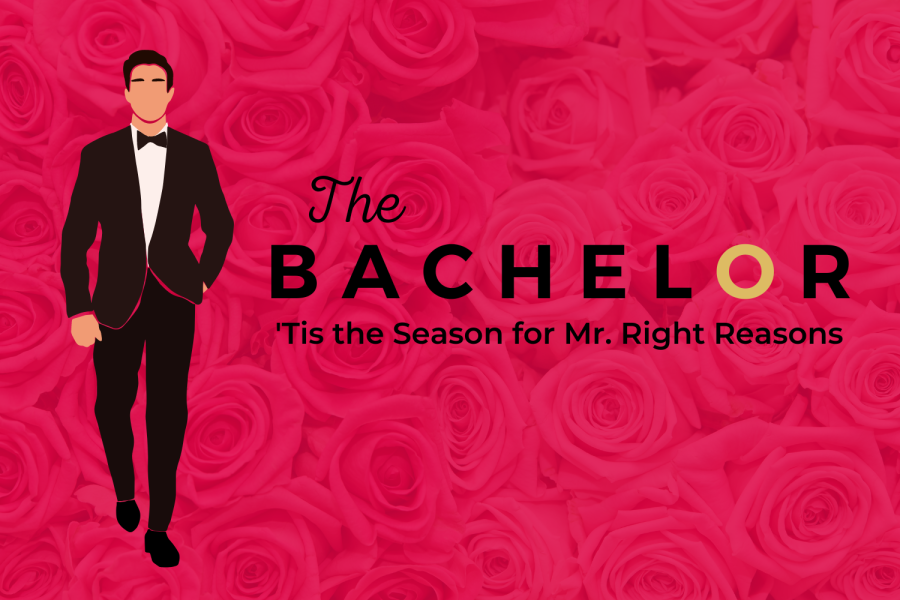On Oct. 17, I woke up early, convinced that the promise of meeting two of the most talented (and yes, incredibly attractive) actors of our generation was just a prank. But when my sleep-deprived self opened the Zoom call, and there sat the two superstars, chatting to each other casually before the roundtable began. I was like a kid in a candy store.
Now, I could humble-brag that I met Elio from “Call Me By Your Name” and Rue from “Euphoria” (for true cinephiles, Rocky from the Disney classic “Shake It Up!”), but given that I’ve already posted about it three times on social media, it’s a little too late for humility.
Based on my favorite book of all time, the “Dune” film adaptation is a self-described “mythic and emotionally charged hero’s journey” that tells the story of Paul Atreides. Paul is a gifted young man who must face his destiny when his father is tasked to rule over Arrakis, a deadly desert planet rich with spice, the most valuable commodity in the universe. He struggles to understand what his prescient dreams mean, all while rival forces attempt to end House Atreides.
The original book, published in 1965 by Frank Herbert, became merely the introduction to a six-book series that spans thousands of years in Herbert’s fictional universe. The series delves into religion, prescience, environmental issues, political intrigue, trade, scientific development, space travel and so much more through vast and creative worldbuilding—one that rivals other famous sci-fi and fantasy series, such as “The Lord of the Rings.”
As a fan of this ever-relevant book, I shared the belief of many “Dune” lovers that it’s unadaptable, too exposition-based to ever be portrayed effectively on a screen. The book takes its sweet time immersing readers into a completely foreign world, somehow simultaneously futuristic and medieval, with thousands of years’ and multiple planets’ worth of backstory slowly unraveling. The abysmal failure that was the 1985 film adaptation lent real credibility to the claim that a good “Dune” movie was impossible.
However, after hearing that this 2.5-hour movie would cover only the first half of the book, I was hopeful: this way, the film would have more than enough time to pay homage to the details that made the book such a masterpiece. It could actually dive into the historical, ecological and political elements of the book to help viewers soak in the enormity of the story.
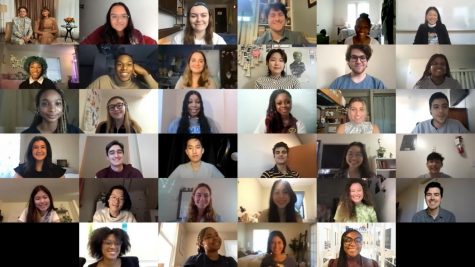
In the Q&A, Chalamet addressed this serious question: how would he and Zendaya bring such an expansive story to a younger audience for the first time? Why does that matter?
“This book didn’t come out when we were growing up, yet the themes remain very relevant,” Chalamet said. “Themes such as fighting for what’s right socially, what’s right environmentally and standing up for groups that are oppressed, that don’t have the agency to fight back.”
Additionally, with Denis Villeneuve, one of my favorite directors, at the helm of this production and Hans Zimmer, arguably one of the best film score composers of all time, creating the soundtrack, my excitement for this movie became as grand as the book itself. That’s not even mentioning the amazing cast, with A-list names such as Oscar Isaac, Jason Momoa, Rebecca Ferguson, Javier Bardem and Josh Brolin, in addition to the two aforementioned leads.
“Everything was attractive about this,” Chalamet said, referring to the chance to work with director Denis Villeneuve and the star-studded cast, which Zendaya promptly called the “dream team.”
Both she and Chalamet tossed around Villeneuve’s name quite a lot during the roundtable, highly praising the accomplished French-Canadian director (I immensely enjoyed how Zendaya said my almost-name multiple times). I also agreed with their suggestion that Villeneuve is the only active director that can even attempt to adapt “Dune”—with two sci-fi masterpieces already under his belt, “Arrival” and “Blade Runner 2049,” he was ready to tackle Herbert’s book.
“Denis has such a connection to [Dune], as he read it as a young person, and was able to grow up with it,” Zendaya said. “I don’t think there’s anyone better for the job.”
Chalamet echoed his co-star’s sentiments, summarizing in four words why this movie works so well. “In Denis we trust,” Chalamet said.
Such a grand spectacle would be void of emotion without the impact of Villeneuve, who perfectly manages to balance huge spaceship sequences with small, heartfelt moments between a mother and a child, or Paul’s horrifying prophetic visions and the wholesome friendship of a student and his mentor.
“If you’ve seen [Villeneuve’s] earlier work, like ‘Prisoners,’ ‘Incendies’ or ‘Polytechnique,’ they’re small, behavioral and very emotional,” Chalamet said. “They’re about the characters at the center of it.”
The characters, while owing their depth largely to the source material, are also massively supported by those who portray them. Everyone on screen holds their own, from Rebecca Ferguson as a strong and emotional Lady Jessica, to Jason Momoa as the caring mentor and badass soldier Duncan Idaho.
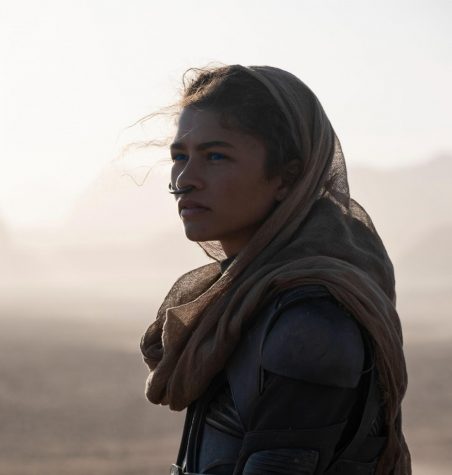
Zendaya, when asked how she related to her character Chani, a Fremen girl, remarked on her experience of having to grow up early.
“I’ve always been called an old lady,” Zendaya said, explaining how both she and Chani had to become adults early in life. “Situations where you are the youngest in the room force you to grow up.”
Meanwhile, Chalamet, despite the otherworldly elements of his character, believes Paul’s struggle is universal and relates to him, too—prefacing his answer with a joke about how Paul’s journey is more significant than any journey he has ever been on.
“He’s a young man, struggling with his identity, who he is, not only to himself but to his loved ones,” Chalamet said. “Those are things all of us struggle with at that age, when we’re trying to find our voice.”
Villeneuve also handles the complexity of the story well, finding clever ways to convey information about the completely foreign universe without the extensive appendices of information included in many print editions of Herbert’s book. This allows Villeneuve to ingeniously avoid the heavy-handed exposition that a lesser director might force on us and makes it easier for the average viewer to become invested.
One example of this is the educational holograms Paul watches about Arrakis before flying to the dangerous desert planet—home to giant sandworms hundreds of meters long and a mysterious people called the Fremen, as we learn from the hologram. Villeneuve makes us learn with Paul, holding our hand through info-dumps to get us—and Paul—up to speed.
Despite the long runtime and Villeneuve’s incredible achievement, “Dune” seemed to give the audience no room to breathe—which is both a compliment and criticism. On one hand, this means the film excels in immersing the viewer, in such a way that you don’t realize 155 minutes just passed when it ends. The immaculate pacing of the film, action and plot-wise, leaves no room for even a moment of boredom.
On the other hand, as someone who has read the entire series and is keenly aware of the scale and scope of the ideas being introduced, I felt like some concepts weren’t treated as the behemoths that they are on paper. I’m not implying that the movie doesn’t take itself seriously enough—it does—but the aforementioned pacing doesn’t leave time for us to fully internalize key concepts, such as the cultural significance of the spice or why the Fremen are strong. These ideas are hinted at, rather than posed as a question we can ponder on.
At the end of the day, this is just half of a movie. Sporting the onscreen title of “Dune: Part 1,” it can easily be absolved of my criticisms—that is, if the second half of the book gets the treatment it deserves.
In Denis we trust!


